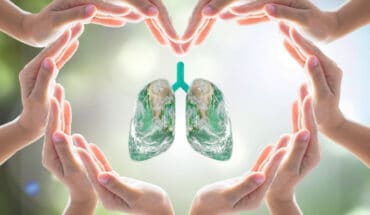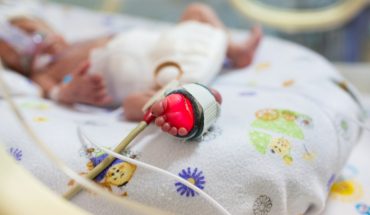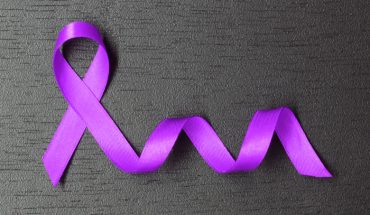The ripple effects of a cancer diagnosis can be seen throughout entire families and communities, Beth Cooper discusses the importance of not forgetting about the next of kin throughout this journey.
Cancer is a leading cause of death worldwide, accounting for nearly 10 million deaths globally. In 2020, there was an estimated 19.3 million new cases of cancer worldwide. The burden of cancer continues to grow globally, affecting not only the physical, emotional and financial strain on individuals, but also on their families. Much of the current research on the effects of diagnosis focus on the concerns and the impact of the disease on the individuals who are diagnosed, with considerable short and long term outcomes identified affecting both physical and mental wellbeing. But often it is the whole family, not just the individual, who experience the ongoing impact of cancer. The ripple effects of a cancer diagnosis can be seen throughout whole families, with the consequences of the disease often having the most significant effect on the next of kin.
Has a loved one recently been diagnosed with cancer? You don’t have to keep your emotions bottled up, because this huge life altering diagnosis affects you too.
Throughout existing diagnosis and management of cancer patients, there has been no standard or framework developed for the ongoing support of the next of kin. This is a complex area, but the need for effective interventions in this area is paramount. Existing research relating to the next of kin of cancer patients focuses on the the experience and opinion on the quality of care their loved one received, but where is the research into the effects of this diagnosis on the next of kin themselves?
Although most next of kin take extremely well to the caregiving role, this does not mean they do not need ongoing support. The next of kin has a huge role in decision making, often spends many hours going to appointments, to clinics, and to treatment centres, and the new way of life formed by the encroachment of this disease affects not only the individual, but their partner or parent too. Scans, blood tests, radiotherapy, and chemotherapy becomes a new way of life, and takes precedent over all other matters, as people fight for their lives. And loved ones often take on the role of caregiver, providing support and letting the patient take the lead in the narrative of the story. How they want to deal with the diagnosis is rightfully their choice to make, but these choices affect everyone.
Effects can be seen emotionally and psychologically, effects to physical health, quality of life, financial burden and even effects to the education and employment of individuals. These effects can be seen throughout whole families.
There are often changes to regular routine, and to the roles within families and relationships. And yet support for families of cancer patients, and specifically the next of kin, is not a standard part of the treatment service. Individual practitioners often take the lead in providing family support, however from experience I have found that the next of kin will often bottle up their feelings, as what they are experiencing seems insignificant compared to what their significant other is going through.
So, how can we make a change?
Firstly, if you are going through this yourself, it is completely understandable to reach out for support for YOU. You can access services through your GP, speak to extended family and friends, and generally make the time to consider the impact of the disease on your own life. Feelings of neglect, uncertainty and a lack of control affect both of you, and it is important to have an open and honest discussion with your partner about this, and don’t feel guilty about accessing available support throughout this process for YOU.
And what about clinicians?
Can clinicians begin to integrate support for the next of kin within the treatment plan? Providing knowledge and education to families as a whole can go a long way in preparing them for the adjustments they will undergo through diagnosis. Providing the next of kin with knowledge, support and guidance is an extremely important aspect in helping them to understand and cope with the situation at hand, and can go a long way in reducing the amount of strain that they experience in the caregiving role. Pilot studies into regular telephone consultations, next of kin care pathways and education resources, the role of the healthcare worker in providing support, and establishing a support system have been considered throughout research, however this has a long way to go in terms of standardisation of care.
And if this post resonates with you, and someone comes to mind who may be going through this with their next of kin, make sure you ask how they are doing, too.
- How Reliable RTSM Solutions Boost Sustainability in Clinical Trials - 21st January 2025
- Covid burnout for nurses - 12th July 2022
- Time for comprehensive health education in schools - 20th April 2022







